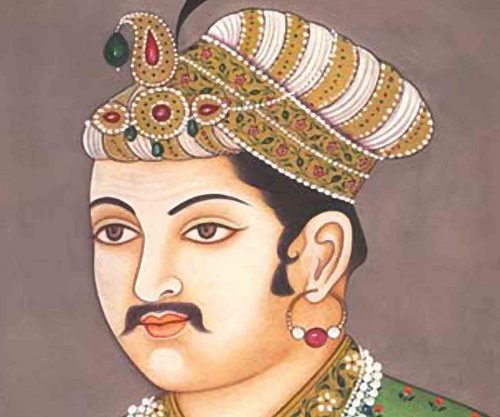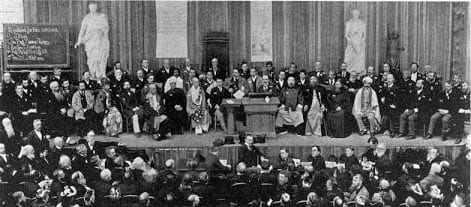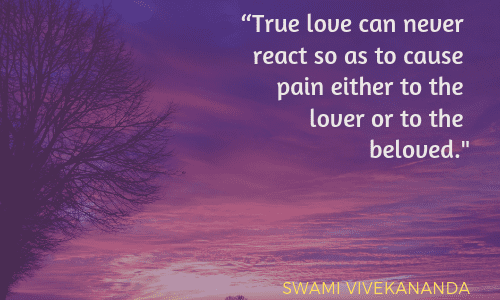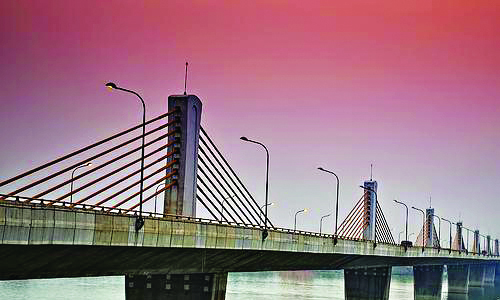Swami Vivekananda seems to have had a high opinion on Akbar. But he didn’t think highly of Aurangzeb. He compares Akbar to a great King in whom people found life whereas Aurangajeb lived on the blood of people. He further compares Akbar to one of the greatest Kings that India has seen.
(Complete Works Volume 4. Modern India)
Again, of the attempts made to bring Hindus and Muslims together,
(Complete Works Volume 3. The Vedanta in all its phases)
Of the influence that Hinduism had on her conquerors, referring to Akbar, he says,
The great Akbar, the Mogul Emperor, was practically a Hindu.
(C.W. Volume 5. Interviews)
It’s clear that he held Akbar in very high esteem. Sister Nivedita recalls.
Oftener still, it was Akbar of whom he would tell, almost with tears in his voice and a passion easier to understand, beside that undomed tomb, open to sun and wind — the grave of Secundra at Agra.
(C.W. Volume 9)
Swamiji says Aurangzeb was responsible for the end or Moghul empire in India since he meddled with the religious feelings of the Hindus. Thereby giving sufficient indication that Aurangzeb was not a righteous king.
The Hindu says that political and social independence are well and good, but the real thing is spiritual independence — Mukti. This is our national purpose; whether you take the Vaidika, the Jaina, or the Bauddha, the Advaita, the Vishishtâdvaita, or the Dvaita — there, they are all of one mind. Leave that point untouched and do whatever you like, the Hindu is quite unconcerned and keeps silence; but if you run foul of him there, beware, you court your ruin. Rob him of everything he has, kick him, call him a “nigger” or any such name, he does not care much; only keep that one gate of religion free and unmolested. Look here, how in the modern period the Pathan dynasties were coming and going, but could not get a firm hold of their Indian Empire, because they were all along attacking the Hindu’s religion. And see, how firmly based, how tremendously strong was the Mogul Empire. Why? Because the Moguls left that point untouched. In fact, Hindus were the real prop of the Mogul Empire; do you not know that Jahangir, Shahjahan, and Dara Shikoh were all born of Hindu mothers? Now then observe – as soon as the ill-fated Aurangzeb again touched that point, the vast Mogul Empire vanished in an instant like a dream.
(C.W Volume 5. The East and the West)






Leave A Comment